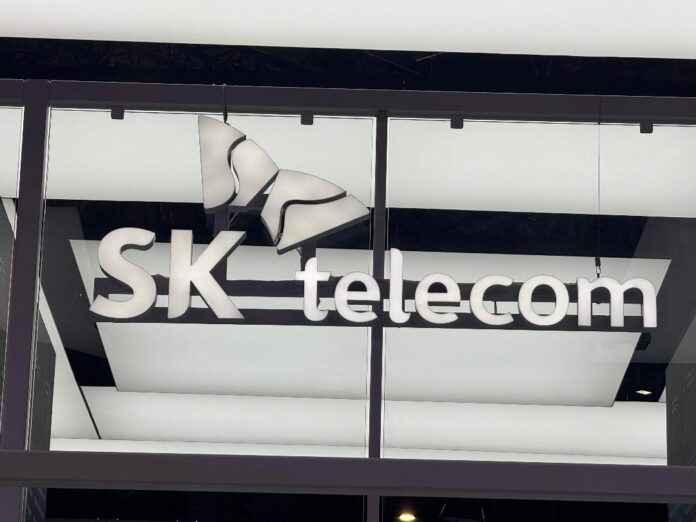SK Telecom was selected by the Korean government for a major GPU leasing project to support AI development, despite lacking a key security certification
In sum, what to know:
SK Telecom wins GPU bid – SK Telecom was selected for a major government GPU leasing project to support AI development, despite lacking CSAP security certification, a move that sparked industry concern.
Security rule change – For the first time, South Korea’s Ministry of Science and ICT allowed non-CSAP certified companies to bid, as long as they submitted equivalent security plans, reversing earlier policy.
Industry backlash grows – Certified providers expressed frustration after investing heavily to meet CSAP requirements, only to find rules changed midstream. The Ministry insists SKT met security standards and had hardware readiness.
Korean carrier SK Telecom has been selected as the top bidder for a government-funded GPU leasing project aimed at strengthening South Korea’s domestic AI capabilities—even though the telco lacks certification under the Cloud Security Assurance Program (CSAP), a key security standard required by the government.
A report by local newspaper The Chosun Daily reported that the selection of SK Telecom has drawn criticism from industry stakeholders.
The report highlighted that the CSAP certification, managed by the Ministry of Science and ICT and the Korea Internet & Security Agency (KISA), evaluates whether cloud service providers have sufficient safeguards in place to protect against cyberattacks. An industry official quoted in the article questioned the rationale behind awarding the project to SK Telecom, particularly after the company experienced a significant hacking incident earlier this year and still lacks CSAP approval.
The Ministry launched a public tender in May for a project to lease GPU resources from private firms and make them available to AI developers across South Korea. The initiative is backed by KRW150 billion ($108 million) from South Korea’s first supplementary budget for 2025. In the bid to install 1,000 Nvidia B200 GPUs, SK Telecom emerged as the highest-ranked applicant.
Among the top bidders for the project’s two segments, SK Telecom was the only one that had not obtained CSAP certification, according to the report. Previous GPU leasing programs, announced in January 2024 and January 2025, had explicitly required CSAP certification as a prerequisite for participation.
However, the most recent tender relaxed that requirement. The Ministry stated in its request for proposals that while CSAP status would be taken into consideration during evaluations, companies without certification could still participate by submitting a security plan equivalent to CSAP standards.
This change has triggered criticism from other industry players who had spent considerable time and resources to meet CSAP standards. “Companies that invested heavily in CSAP certification just to qualify for government contracts now feel like they’ve been penalized,” one cloud provider official told Chosun.
In response, a Ministry official explained that SK Telecom had submitted a security plan judged to be equivalent to CSAP standards. The official also noted that SK Telecom had already placed pre-orders for the required B200 GPUs.
“There was no preferential treatment,” the official said. “While CSAP will no longer be a mandatory condition for such tenders going forward, we’ve advised SK Telecom that obtaining certification is still in their best interest.”
Through its “AI Infrastructure Superhighway” and “AI Pyramid Strategy” initiatives, the Asian telco is investing heavily in AI data centers, cloud-based GPU services and edge computing to support the growing demands of AI applications and services.
At the core of SK Telecom’s AI ambitions is the development of an “AI Infrastructure Superhighway,” a strategic initiative focused on three main components namely AI data centers, GPU-as-a-service and Edge AI.
SK Telecom had previously announced its ambition to become a global artificial intelligence company by strengthening its own AI competitiveness and cooperating with partners globally.
The telco had previously reorganized its operations into seven key divisions, with a strong focus on AI. This includes specialized units such as AI Transformation (AIX), AIDC, A. (A-Dot), and Global Personal AI Agent (GPAA), all dedicated to enabling differentiated services and AI leadership.

